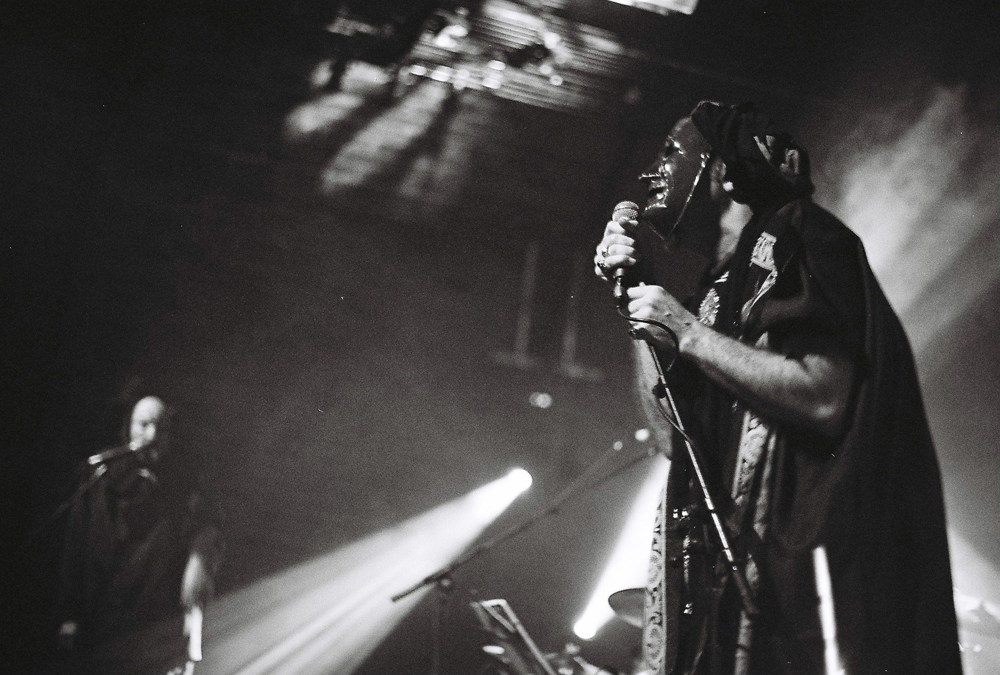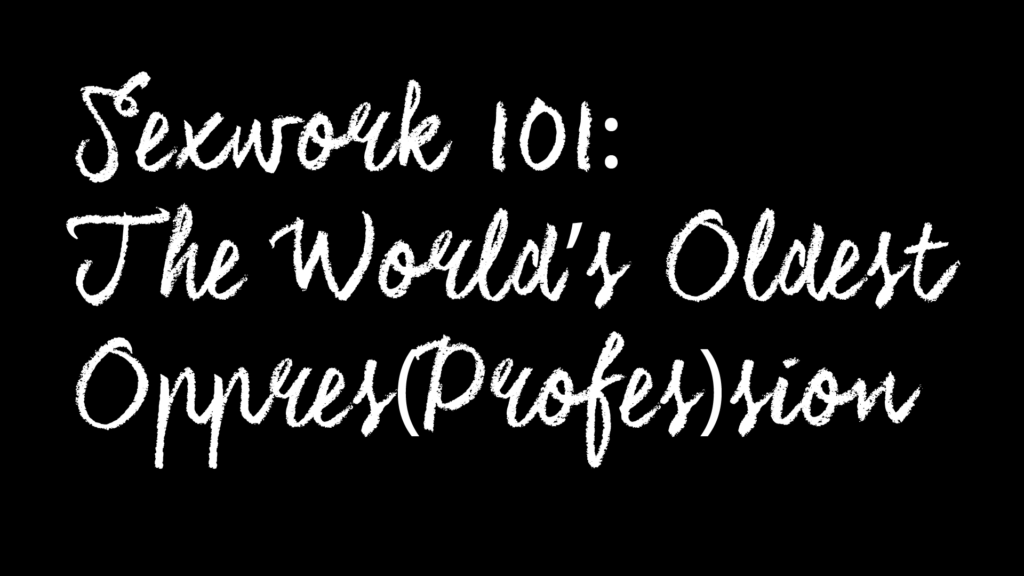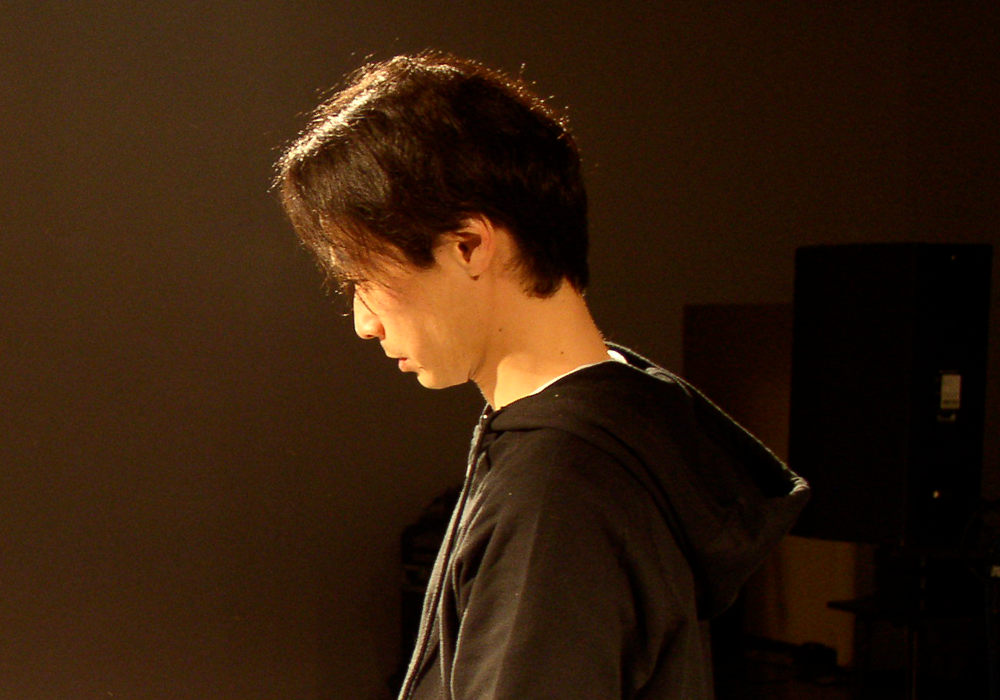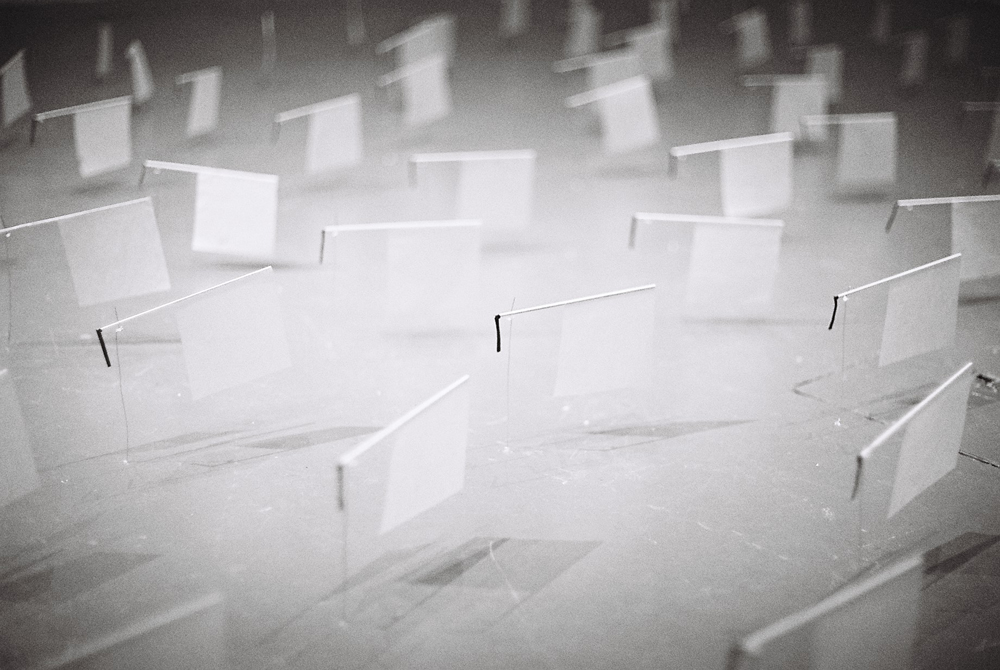
Poetry is Not a Luxury: The Poetics of Abolition
Canisia Lubrin Christina Sharpe Nat Raha Saidiya Hartman Nydia A. Swaby
A panel exploring the poetics of abolition. “Poetry is not only dream and vision; it is the skeleton architecture of our lives. It lays the foundations for a future of change.”












